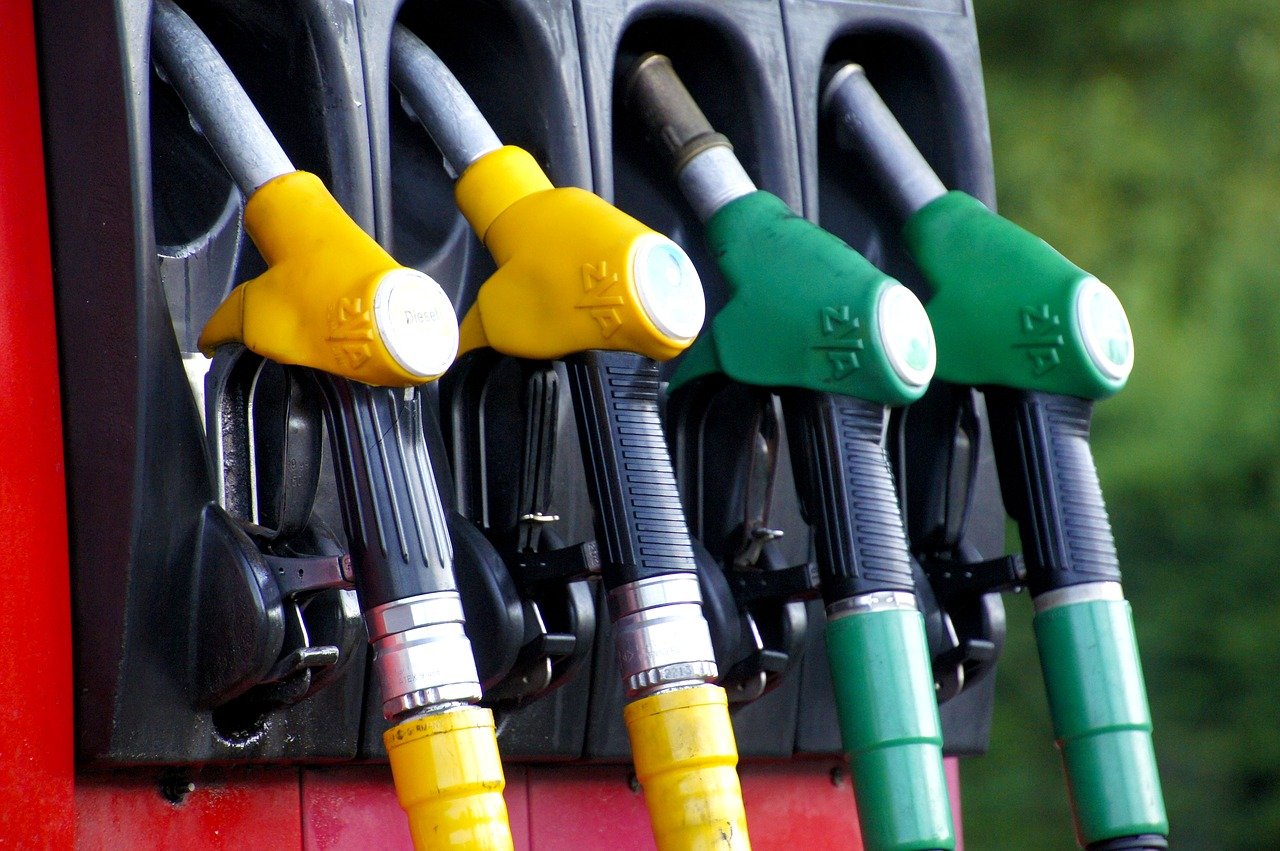In a historic move, Prime Minister Kishida has committed to release 4.2 million barrels of oil from Japan’s strategic oil reserves as part of a global campaign by major consumers led by the U.S.
There are several reasons behind the first ever dip into Japanese oil stocks that’s unconnected to war or a natural disaster. In part, it’s a diplomatic gesture from a newly appointed premier seeking to curry favor with President Biden while demarcating the power balance between the PM’s office and METI.
The oil release is also an important signal from Japan’s government that the era of deflation may be coming to an end; or, at the very least, put on pause.
Two decades of deflation has helped mask a loss of almost a third of the Japanese consumers’ spending power. In the last decade, that has coincided with an increase in the basic power bill and surcharges.
With inflation back, Kishida’s government knows that it will find consumers much more attuned to energy prices, especially as they start to affect food costs. For a country that relies on imports for over 90% of its primary energy and over 60% of its food, the fate of the oil price – and its closely related natural gas price – extends to national security considerations.

